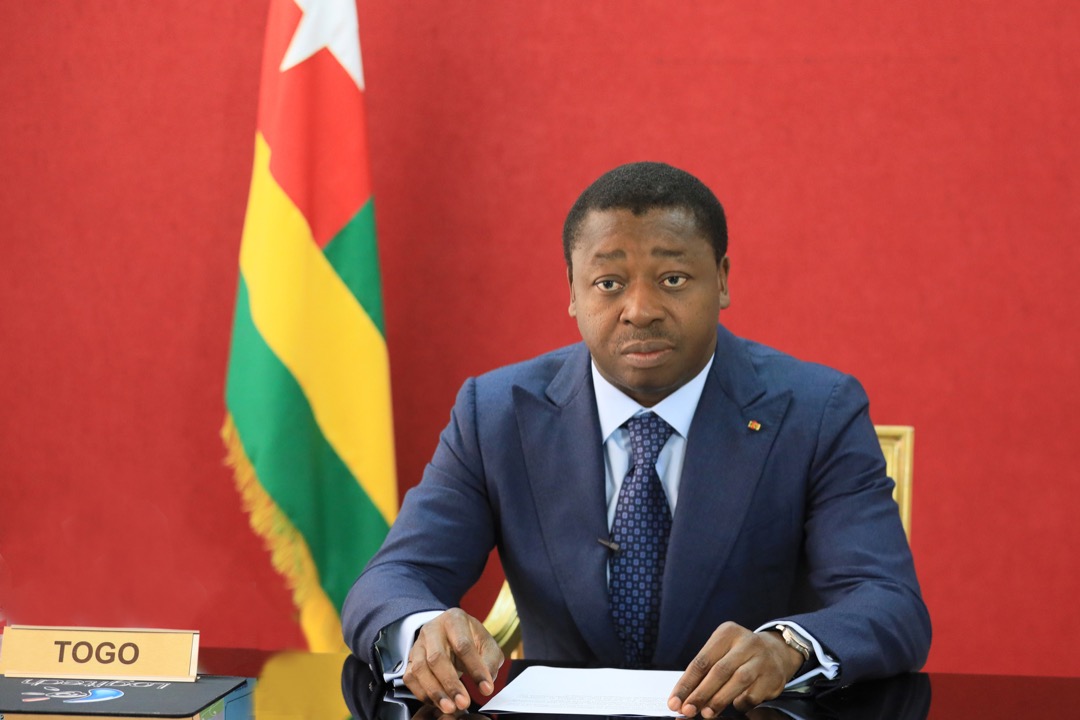Togolese Legislature approves constitutional reform; changes how president is elected
The amendments were initially passed by Togo's parliament on March 25, but faced strong opposition, prompting President Faure Gnassingbe to call for further deliberations and a subsequent vote in parliament.

Lawmakers in Togo recently approved revisions to the country's constitution concerning presidential term limits and the election process, sparking criticism from opposition figures and civil society organizations who view them as a subversion of democratic principles.
The amendments were initially passed by Togo's parliament on March 25, but faced strong opposition, prompting President Faure Gnassingbe to call for further deliberations and a subsequent vote in parliament.
Final approval for the reforms was granted late on Friday, just before the scheduled legislative elections on April 29, which had been postponed due to the controversies surrounding the constitutional changes.
Under the revised system, the president will no longer be chosen through universal suffrage but instead by members of parliament. Additionally, the amendments introduced a parliamentary system of governance and shortened presidential terms to four years with a two-term limit.
Critics argue that the amendments do not factor in the time already served in office, potentially allowing Gnassingbe to extend his presidency until 2033 if re-elected in 2025. Given his party's control over parliament, such a scenario seems highly probable.
Opponents fear that these changes could facilitate further prolongation of Gnassingbe's 19-year rule and consolidate his family's hold on power. His father, Gnassingbe Eyadema, seized control of the country through a coup in 1967 and ruled until his death.
In a statement issued by the Dynamique Pour la Majorité du Peuple (DMP) opposition coalition and other concerned parties, the constitutional amendments were denounced as a political maneuver aimed at enabling Gnassingbe to perpetuate his presidency indefinitely.
They described the events at the National Assembly as a coup d'état and announced plans for significant demonstrations in the coming days to express dissent against the revised constitution.


